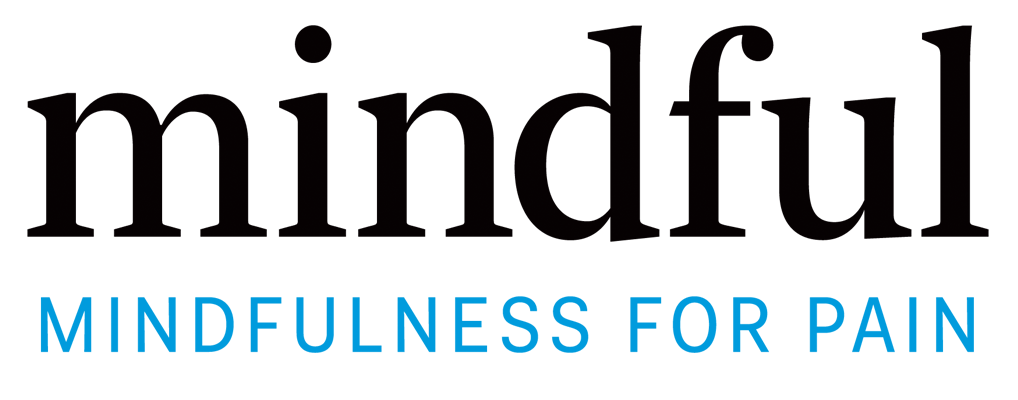Mindfulness for Pain Practice: Reflecting on Core Values
Begin by paying attention to your body, and what sort of posture or stance you might take that would provide some ease and comfort to you while you engage in this short reflection on core values and self-compassion in your life. Letting go of needing to do this in any particular way. Seeing if you can find a place for your body that facilitates some ease and comfort. Whether it is sitting, lying down or standing. You might consider placing a hand over your heart, or in some other soothing or supporting place on the body, to remind you of your own kindness and your good intentions in this practice.
Taking a few slow and deep breaths that allow your mind and body to settle in and perhaps to relax a little. And then letting your breath settle into a natural pattern of breathing that is effortless and rhythmic.
Imagine that you are in your elder years. You’re sitting in a beautiful garden as you contemplate your life. Looking back to the time between now and then. You feel a deep sense of satisfaction, joy and contentment. Even though life hasn’t always been easy you managed to stay true to yourself to the best of your ability. As you consider it which core values are represented in that life? For example, adventure. Tranquility. Compassion. Loyalty. Pleasure. Meaningful work.
What are the things that are deeply important to you? And how do you usually follow those values in your day-to-day life? Is there one core value in particular that stands out for you, that is most important to you?
Now dropping back inside, and ask yourself if there are any ways that you’re not living in accord with your deepest core values, or ways in which your life seems to be out of balance with your values—especially personal ones. For example, perhaps you’re too busy to spend much quiet time in nature, even though nature is your great love in life. When you consider what gets in the way of your living in alignment with your values, what comes up? Take the time to consider the role of your physical condition and your pain, and how they impact your ability to follow your values. Are there any internal obstacles that you face in pursuing your values? For instance, are you afraid of failure? Do you doubt your abilities? Or, is your inner critic getting in the way? What are your internal obstacles to living in alignment with your values?
Now consider whether self-compassion might help you live in better alignment with your values. For example, do you think that if you treated yourself a bit more kindly, you could work around your inner critic? Or maybe self-compassion could help you feel safe and confident in taking new actions—risking potential failure or even letting go of things that aren’t serving you. Is there some way that you could think creatively about how to work with the things that may seem like obstacles but can be worked around? For example, perhaps if you can identify what is important to you, you can find a way to meet that need even though you have pain or illness. And finally, if there are insurmountable obstacles to living in accord with your values, can you give yourself compassion for that hardship?
Let’s take a moment and try this out. Perhaps offering yourself some words of appreciation and respect for your core values, even when circumstances don’t allow you to express them in your life at this time. Is there some way you can express this value you in your life that you haven’t considered before? Even if this expression is incomplete and if the insurmountable problem is that you are imperfect, as all human beings are. Can you forgive yourself for that too? If you were able to identify a core value that is particularly important to you, is there some way you can make it prominent in your mind, so that it is always with you? When you’re making decisions, facing challenges, or seeking new opportunities?
Values can be like a compass or the North Star in a journey. They keep us aligned and moving in valued directions.




